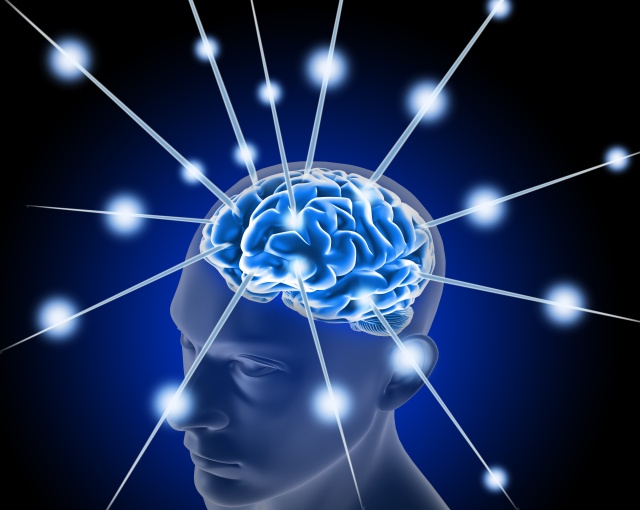
Resiliency is key when it comes to stressful times. Often described as a plasticity, resiliency is our ability to bend with stress, but resume our original shape after the stress passes. Resiliency is not only a physical phenomenon, but a mental one as well. Psychologists have been teaching mindfulness techniques for decades to enhance our mind’s ability to cope with stress. Yin Yoga is a practice that integrates both.
Personal resiliency can be built up through many practices, habits and routines. By learning new skills, we create new neural pathways and increase our brain’s elasticity. Neuroscience is now discovering with imaging proof what ancient yogis have been saying for thousands of years. We can create new mind pathways and change the way we experience the world. Regardless of what you’re choosing to learn; a new language, car repair, home improvements, a musical instrument or a breathing technique, the act of learning new skills builds our resiliency to stressful times.
I had a mindfulness teacher once talk about the yoga concepts of dukkha and sukha in a way that made complete sense to me. Before then, I had heard them mentioned in classes and texts, defined broadly as suffering and sweetness. This fundamental yoga concept describes the effect that can be achieved through changing the neural pathways of the brain. This teacher talked about dukkha as a wheel that’s not trued. It clunks and doesn’t roll evenly, causing uneven wear and tear. He then defined sukha as a perfectly trued bicycle wheel, everything in alignment and flowing in harmony. Although his pragmatic description was about building mental resiliency through mindfulness practices, his words also apply to the physical practice. In many ways, Yin Yoga is the practice of truing the body.
Yin Yoga works with the connective tissue; the matrix that supports the skeleton, the functioning of the organs, and the tissue through which the meridians run. When we work with the connective tissue, we begin to work with the bones and joints and how they line up. We discover long-held patterns of tension that contribute to our body’s inefficiency. Inefficiency in both movement and functionality. When we apply the tools of breath and awareness, those patterns melt and shift and change and this discernible change feels remarkable good.
In the practice of Yin, we rarely get up off the ground. We enter and exit shapes slowly, we use props to support the bones and we stay in shapes for several minutes at a time. Multiple five minute meditations focused on the physical body that generate plasticity in the mind. It does wonders for the body, yes. But even more importantly, it offers a deep refuge for the mind and spirit: a place to restore and replenish all aspects of ourselves.
It seems this practice is needed more then ever, and there is a rich sukha for me in sharing something that has been so profound and meaningful to me personally. Looking forward to embracing the Yin Yoga community of Walla Walla at Revolver Yoga, beginning next month.



This is such an informative post. Thank you 🙏 I’m smiling as I and putting together a Yin Workshop for releasing summer fire, open up the Heart and stumulate the supporting meridians. It is such a wonderful practice. Good luck with Walla Walla 💛
LikeLike
Reblogged this on Find Your Middle Ground and commented:
I love this insight into Yin Yoga … from our thinking brain to our physical body, heart and spirit ❤️ It takes us in a journey that is beyond the physical body release of fascia.
The Summer Kripalu Yin Workshop on August 12th at Watts of Yoga in Media is sold out. There is a waiting list.
Yin is about biding our time, taking care of what matters the most. Allowing and opening. Tending and releasing. Mind and body connecting and expanding through breath.
Finding the balance with Yin and Yang brings harmony to our lives 💛
LikeLike
Inspiring. Thank you!
LikeLike
Wonderful, relevant, and perfectly articulated! Thank you!
LikeLike